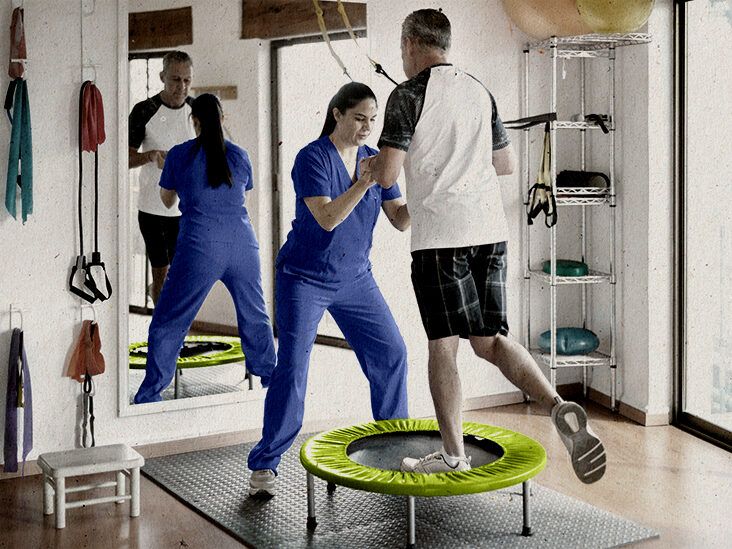Empowering Patients Via Psychosocial Assistance in Cardiovascular Recovery Programs.
Wiki Article
Cardio-pulmonary rehab initiatives are created to assist patients with heart and pulmonary conditions improve their well-being and standard of life. These programs commonly include physical activity, instruction about cardiac and pulmonary well-being, and assistance for making lifestyle changes. Nonetheless, one crucial aspect that is sometimes overlooked is the importance of emotional assistance. Emotional support refers to the emotional and community assistance that individuals receive during their rehabilitation process. This support can strengthen individuals, boost their confidence, and assist them navigate the challenges that arise with long-term medical conditions.

Patients in cardiac and pulmonary rehabilitation frequently face various emotional and psychological difficulties. Emotions of nervousness, sadness, and loneliness can be common. These feelings may arise from the pressure of dealing with a serious medical condition or the fear of upcoming medical problems. Psychosocial assistance can aid address these emotions by offering patients with a safe space to discuss about their worries and connect with peers who comprehend what they are going through. Collective counseling meetings and individual therapy can be effective ways to facilitate this assistance. By engaging with experts and others, individuals can learn coping strategies and discover encouragement from peers who share similar experiences.
Integrating psychosocial assistance into cardiopulmonary rehabilitation initiatives can lead to better health outcomes for individuals. Studies show that when patients receive psychosocial support, they are more likely to adhere to their rehabilitation programs, follow to treatment, and implement necessary lifestyle changes. This engagement can lead to enhanced physical well-being, lessened admissions, and an entire better standard of life. Assistance teams can foster motivation and responsibility, helping individuals stay committed to their rehabilitation objectives. This cooperative approach emphasizes the importance of considering both physical and emotional health in the recovery process.
Teachers and medical professionals play a crucial role interdisciplinary team in rehabilitation in offering psychosocial assistance within these programs. They can assist individuals understand the importance of mental health in their recovery journey. By creating an atmosphere of empathy and understanding, medical professionals can promote open dialogue about emotions and concerns. Training personnel in interpersonal techniques and psychosocial assistance strategies can enhance the general patient experience. Furthermore, integrating instruction about go to website anxiety reduction, calming methods, and positive adaptation strategies can empower patients to take an active part in their emotional well-being.
To summarize, empowering patients through psychosocial support in cardiopulmonary rehabilitation initiatives is crucial for promoting comprehensive recovery. By recognizing the psychological and community dimensions of healing, healthcare providers can create a more nurturing atmosphere that meets the requirements of the whole individual. Patients who receive this comprehensive treatment are more likely to achieve their health goals and enhance their total standard of life. The integration of psychosocial assistance into recovery initiatives not only enhances the individual journey but also leads to better long-term health results.